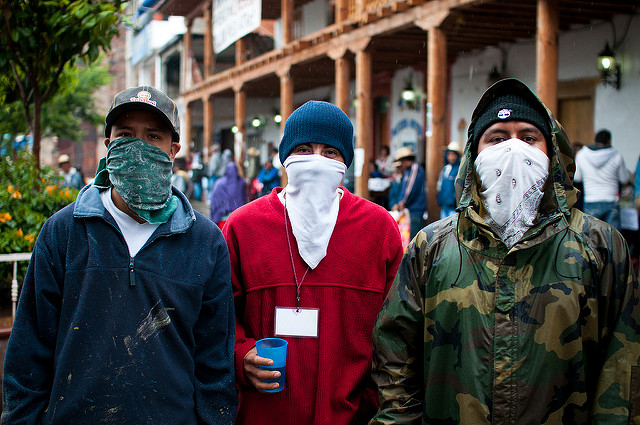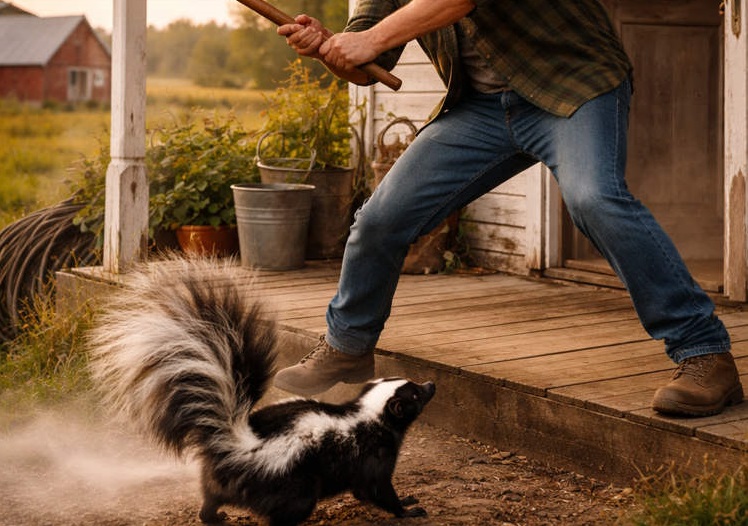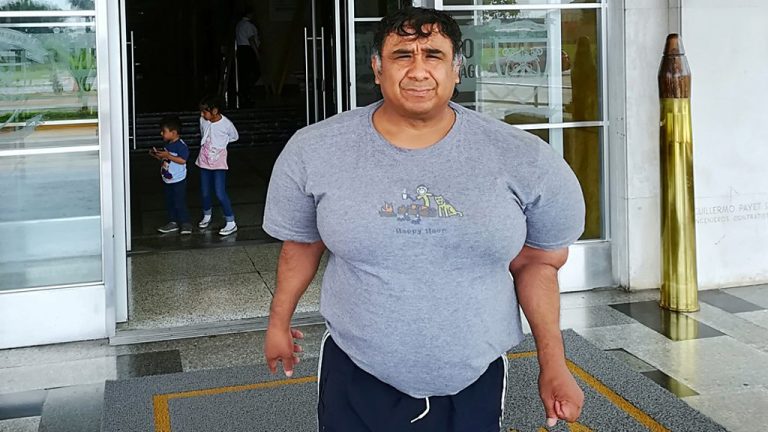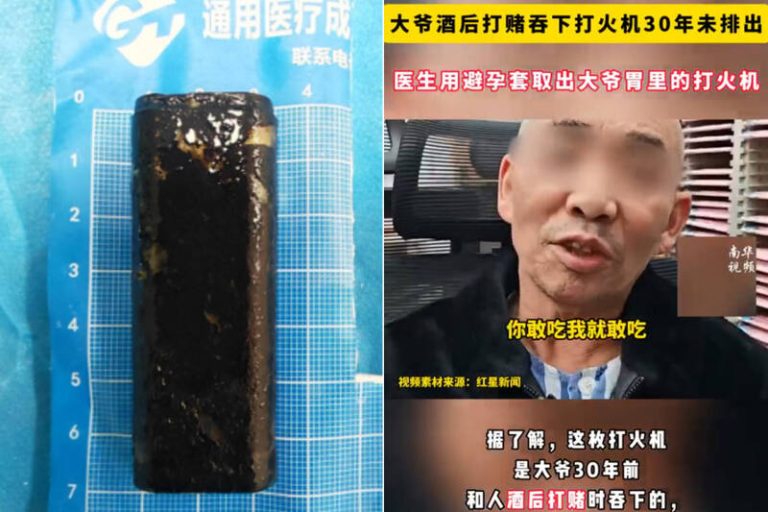Five years ago, the people of Cherán, a small town in Mexico’s Michoacan state, made international headlines for taking up up arms against the powerful drug gangs threatening their livelihood, driving off local politicians and police in the process. Today, the self-governed settlement is a beacon of hope for many other Mexican communities.
The inspiring story of new Cherán began in 2011. For three years, the locals had watched helplessly how loggers supported by drug cartels like the Familia Michoacana ravaged their ancient forests, carrying away the big tree trunks and burning the rest, to prepare the land for avocado plantations. They had asked the Government for help with the situation, but received none, and the corrupt local politicians and police simply chose to look the other way. Left with no other options, and with the loggers nearing one of the town’s water springs, the people of Cherán decided it was up to them to fight for the forest and their livelihood.
“We were worried,” Margarita Elvira Romero, one of the conspirators of the historic uprising, recently told the BBC. “If you cut the trees, there’s less water. Our husbands have cattle – where would they drink if the spring was gone?” She and a few other women first went into the forest to try and reason with the loggers, but they were verbally abused and chased away by the armed men. So they came up with a plan to stop the trucks when they passed through Cherán, and hopefully receive the support of the whole community.

Photo: Eneas de Troya
On Friday 15 April 2011, Romero and other brave women of Cherán, blocked the loggers’ vehicles and took some of them hostage. The local church bell started ringing and fireworks lit the sky, alerting the whole town about approaching danger. People were running through the streets carrying machetes, sticks, stones and whatever other weapons they could get their hands on, waiting for the loggers to come and free their friends. They came with the local police and the mayor in tow, and after a tense stand-off, the loggers backed off. “It makes me want to cry remembering that day,” Margarita remembers. “It was like a horror movie – but it was the best thing we could have done.”
The uprising was the start of a road to self-governance for Cherán. Soon after, the police and local politicians were driven out of town for conspiring with the criminals, and political parties were banned for causing divisions between people. To replace them, the Ronda Comunitaria – a militia made up of local men and women – was created, and each of the four districts of Cherán elected representatives to a ruling town council. Its members are elected for a mandate of three years. Armed checkpoints were created on the three main roads leading into the settlement, to protect against retaliation from the loggers and drug cartels. They are still around today, and anyone trying to enter or leave Cherán is stopped and questioned by the Ronda Comunitaria.
Against all odds, the town of Cherán managed to drive away its oppressors and established a rule of law, all without the help of the Mexican Government. Today, political parties are still banned and there is no police. The grand council and other committees established by the people control all aspects of life in the town, and the Ronda Comunitaria is in charge of security and maintaining the peace.
Compared to the rest of Michoacan state, the crime rate in Cherán has dropped considerably. There have been no recorded murders, kidnappings or disappearances recorded in the town during the last year, and people feel safe walking the streets even in the middle of the night. Meanwhile, in communities just 10km away, killings and kidnappings are common, and data shows that crime is on the rise.
Cherán is certainly not crime free, but most recorded offenses are petty, and most often related to alcohol abuse. But in such cases, the town dispenses its own justice, from fines, to community work and a few nights behind bars. Federal attorneys are only summoned in the rare case of serious crimes, the likes of which have not occurred in the last year.
But it’s not just the town that has been reborn following the uprising of 2011. The ravaged forest have also started healing under the protection of their human neighbors. It is estimated that over 17,000 hectares of forest had been devastated by organized crime before the people of Cherán put a stop to it. Since then, 3,000 hectares have been replanted with seedlings from the town’s own tree nursery, and the forests are patrolled daily by members of the Ronda Comunitaria. Everyone who wants to cut down a tree has to get permission from the local authorities, and the law is strictly enforced.
Today, Cherán is considered both and example and a beacon of hope for many Mexican communities plagued by crime and corruption, and some have even tried to emulate its self-governance system, but without the same success. The key, locals say is unity. There are very few outsiders living in Cherán, everyone knows everyone, and families are very close.
With crime on the rise throughout Mexico, fears of drug cartels regaining a foothold in and around Cherán are well founded, but this time the locals are ready. “As long as there’s at least one person that wants to keep this up, we will all stand behind them,” 18-year-old Melissa Fabian says. “We all feel proud because we stopped something, and did something that none of the other communities dared to do.”













